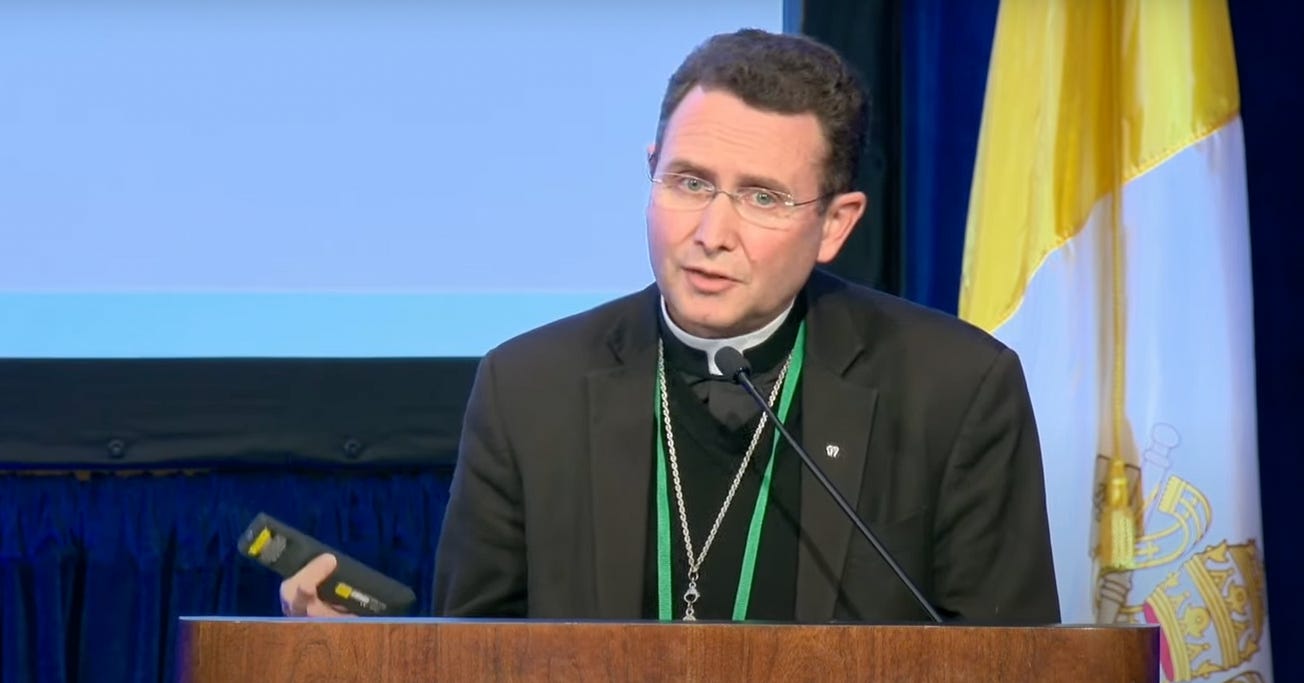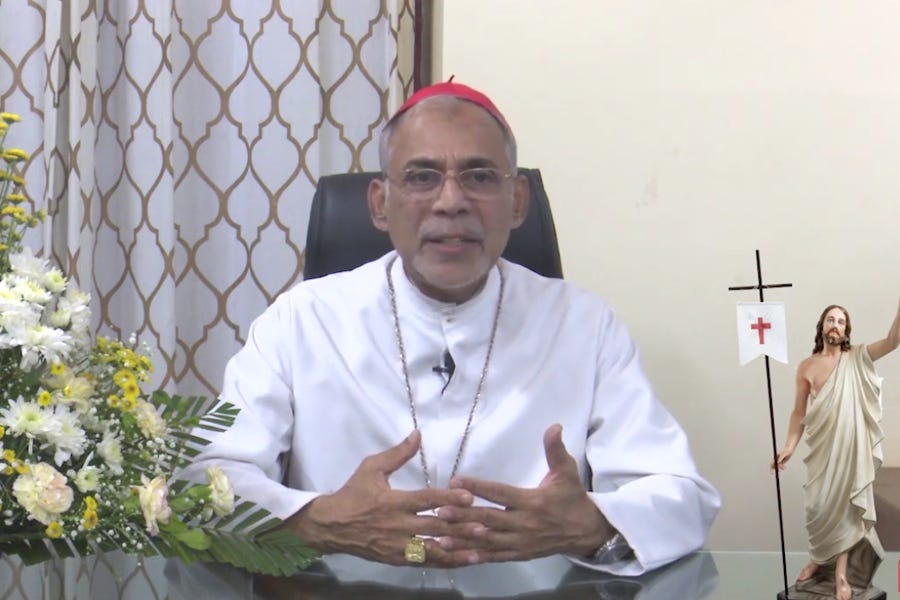Vatican prosecutors are in possession of the cell phone of Cecilia Marogna, the woman at the center of one of several overlapping Vatican financial scandals, according to an Italian media report. The handover suggests new kinds of evidence could be brought forward in the expected trial of Marogna, but raises questions about the legal means used to obtain it.
On Friday, the Italian newspaper Il Giornale reported that Marogna’s cell phone had been passed to Vatican City’s chief prosecutor, Alessandro Didi, in January. The handover came after Marogna’s arrest in Milan in October, but it also came after the Vatican dropped its extradition request for her to be handed over to face trial.
Marogna began her association with the Vatican dates back to 2015, when, she says, she wrote to Cardinal Angelo Becciu, then sostituto at the Secretariat of State, offering her services as a consultant. Her work has been characterized as operating a private global intelligence network and acting as a kind of personal spy for the now disgraced Cardinal Becciu. She says she worked as a geopolitical analyst and security consultant for the Vatican.
She has been accused by prosecutors of embezzling hundreds of thousands of euros from the Vatican, linked to payments she received through her Slovenia-registered company.
Margona was arrested in October after Vatican City issued a warrant for her through Interpol. After an initial extradition hearing in Milan, she was released pending a final decision on her case. In January, Vatican prosecutors dropped their request for Marogna to be extradited in a move widely interpreted as an admission that the Italian appeals court was going to deny the request.
On the same day the Vatican court announced it had dropped the request, it confirmed that a trial for Marogna was “imminent” for crimes allegedly committed “in conspiracy with others.” A subsequent legal change to the Vatican City code of penal procedure, made by Pope Francis, cleared the way for Marogna to be tried in absentia.
On Friday, Il Giornale reported that in addition to the original arrest warrant, Vatican prosecutors also filed a rogatory letter with Italian authorities to gain possession of her phone. According to the report, the phone was handed over to the Vatican on Jan. 30, one day after a scheduled court hearing in Italy to formally open the phone and backup its contents.
It is unclear if an Italian court authorized the handover of the phone to the Vatican, or if it was done on the initiative of local prosecutors.
The news that prosecutors have access to Margona’s cell phone, which is reported to include lengthy message exchanges relevant to the Vatican financial scandals, may go some way to explain the Vatican prosecutors’ confidence in bringing a case to court. According to Il Giornale, she is “an almost compulsive accumulator of documentation,” and someone who “never erases anything.”
Both Marogna and Becciu have repeatedly denied any wrongdoing in relation to payments made to her by the Secretariat of State.
Some payments suggest that Marogna was used as a back-channel in sensitive negotiations with groups hostile to the Church.
On Jan. 18, Associated Press reported that “According to text messages reported by Vatican prosecutors, Becciu on Dec. 20, 2018, authorized wiring Marogna’s Slovenian-based Logsic firm 75,000 euros ‘because it seems something is starting to move’ in the case of a kidnapped Colombian nun.”
But the use of other funds has been harder for Marogna to justify.
AP reported that four other payments were made to Marogna’s company, Logsic, between January and July 2019. Marogna has had to defend large expenditures on luxury hotels and designer label handbags as “gifts” for contacts in different parts of the world.
But regardless of the final use of the funds, the timing of at least some of the payments, and who allegedly authorized them, still raises questions:
Becciu was made a cardinal by Pope Francis, and moved out of the Secretariat of State in June 2018. If, as AP has reported, prosecutors have evidence that Becciu authorized payments to Marogna in December 2018 - six months after he left the secretariat - prosecutors could cite that as evidence that Becciu was still directing the financial affairs of his old department, even after he was transferred to the Congregation for the Causes of Saints.
Becciu was forced to resign both his position as prefect of the Congregation for the Causes of Saints and his rights and privileges as a cardinal in September 2020 The pope reportedly made that decision after being presented with a dossier on Becciu’s handling of the Holy See’s finances by Vatican prosecutors.
Margona and her work for the secretariat is an offshoot of a now-sprawling investigation into the financial affairs of the Secretariat of State which began in July of 2019, after officials at the IOR, commonly called the Vatican bank, complained to financial watchdogs about a request from the secretariat for 150 million euros to refinance a mortgage on a London property.





